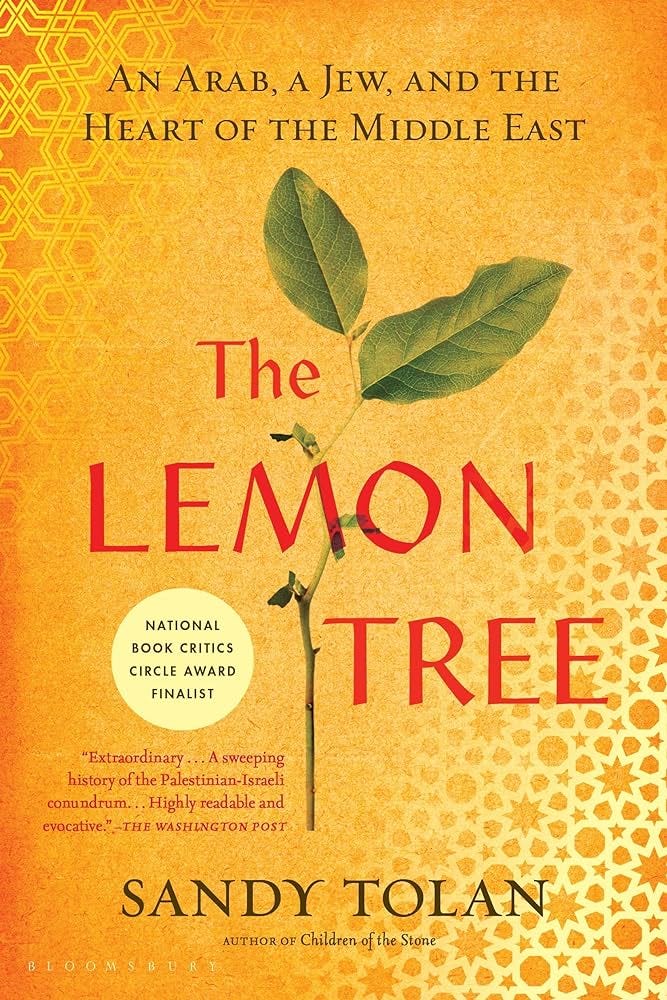Ah, the humble lemon - a fruit so versatile, it has earned its own month-long celebration. Every June for National Lemon Month, lemonistas revel in the zesty delights of this sunny citrus, from tangy lemonade to the invigorating scent that can revive even the weariest of souls.
But beyond the culinary and cleaning prowess of lemons, their journey through history and their intersection with the world of literature are truly captivating.
The story of the lemon is one that spans continents and centuries. Believed to have originated in the northwestern regions of India, these bright orbs made their way to the Mediterranean, carried by Arab traders and European Crusaders.
It was the intrepid voyages of Christopher Columbus that ultimately brought lemons to the Americas, forever altering the course of maritime history. For it was the discovery that citrus fruits could prevent the scourge of scurvy that transformed lemons into a vital provision for seafaring explorers.
As lemons conquered new lands, they also found their way into the pages of beloved tomes. From the zesty wit of Lewis Carroll's Alice in Wonderland to the refreshing ambiance of Hemingway's sun-soaked novels, lemons have long been a muse for literary luminaries.
One can almost taste the tangy lemonade sipped by F. Scott Fitzgerald's characters, or feel the cleansing sting of a lemon-infused scrub in the hands of Virginia Woolf's heroines.
Yet, the relationship between lemons and literature goes beyond mere flavor and fragrance. In the hands of skilled wordsmiths, the lemon becomes a symbol of resilience, a metaphor for the human spirit.
Just as the lemon tree can withstand harsh conditions and still yield an abundant harvest, so too can the written word inspire us to weather life's storms and emerge stronger.
To truly celebrate National Lemon Month, one must venture into the literary realm and discover the hidden depths of this remarkable fruit.
Perhaps dive into "The Lemon Tree: An Arab, a Jew, and the Heart of the Middle East" by Sandy Tolan, which explores the complex history and political tensions surrounding a single lemon tree. Or lose oneself in the captivating memoir "Lemony Snicket: The Unauthorized Autobiography," where the line between fact and fiction blurs deliciously.
And for those seeking the health benefits of lemons beyond the page, turn to "Eat Your Vitamins" by Mascha Davis, which delves into the remarkable properties of this citrus superstar - from its immune-boosting vitamin C to its potential for kidney stone prevention and heart health support.
So, as you sip your lemonade and savor the zesty tang of lemons during the final day of National Lemon Month, remember that these humble fruits have a rich history and a profound connection to the world of literature.
Let their bright yellow hue and invigorating scent inspire you to explore new literary horizons, where the pages come alive with the vibrant essence of the lemon.
Since January of 2020, Great Books, Great Minds has provided subscribers community, connection and conversation around books for free—no paywall. But our future relies on you. At $6.00/month or $60.00 per year, please help us sustain our vision of impacting one million readers worldwide by 2030.
Diamond Michael Scott, Global Book Ambassador and Influencer







I just made watermelon lemonade with my meyer lemons from my sacred tree.
They are a delightful fruit. I like to learn about the history of them. Thanks!